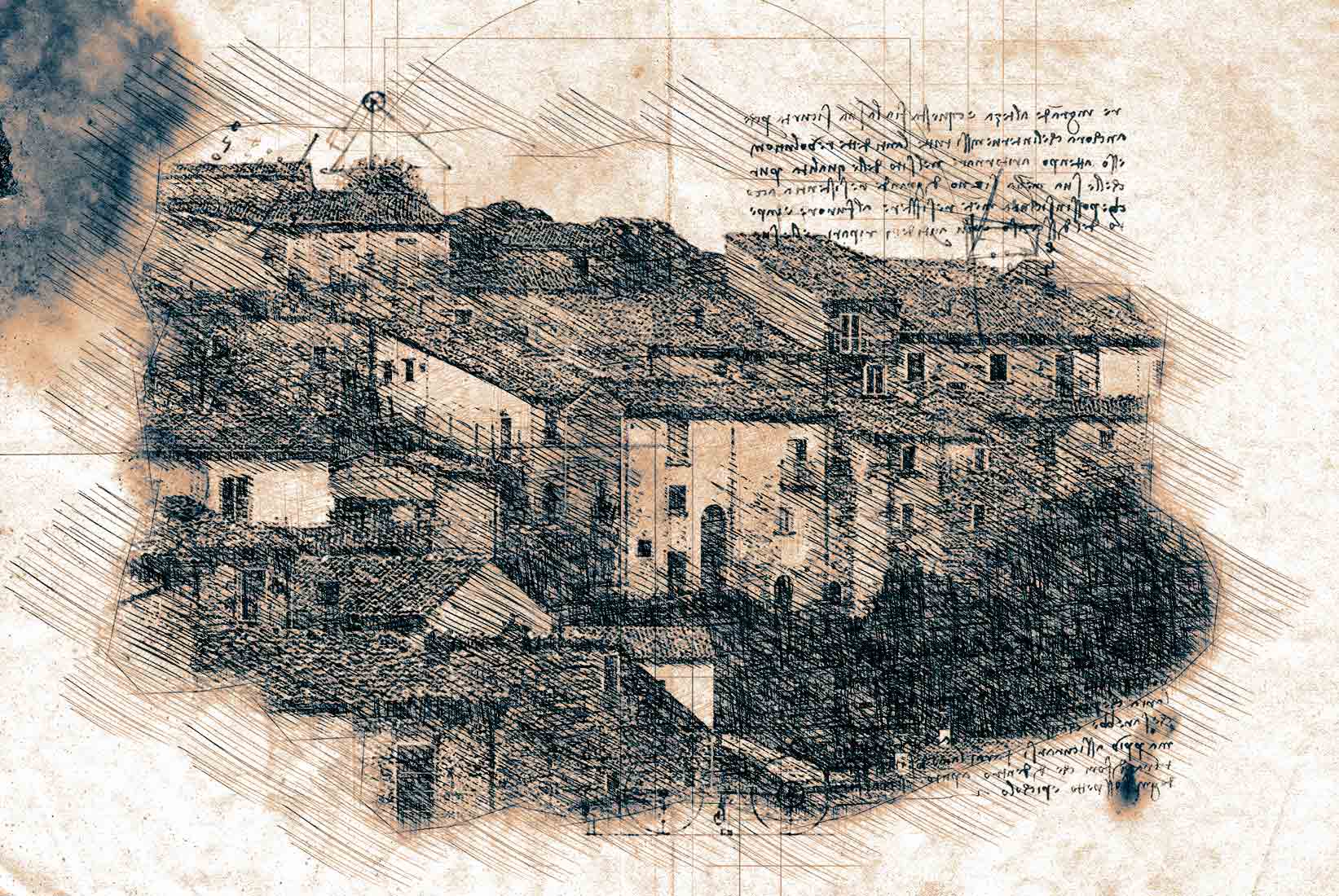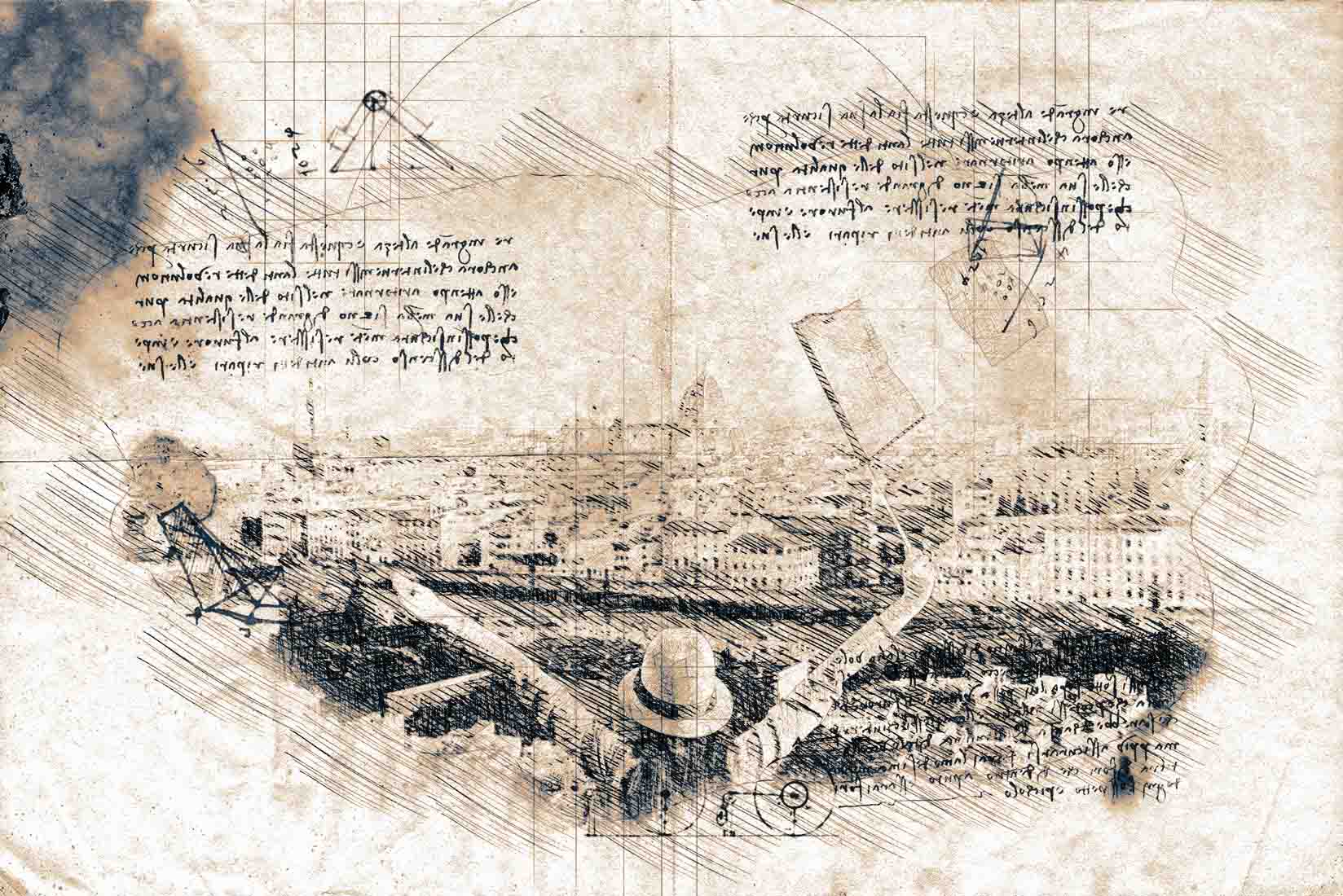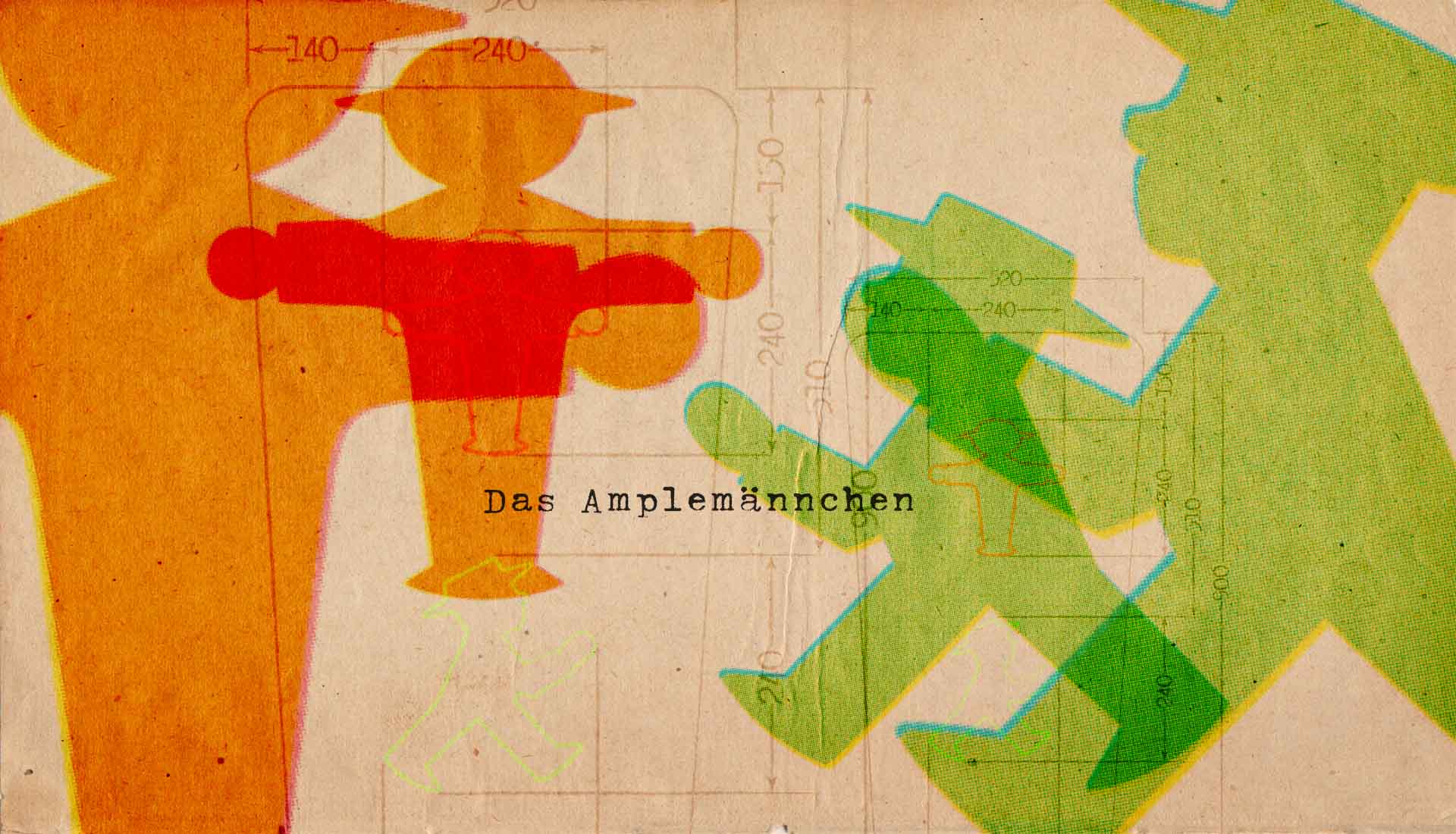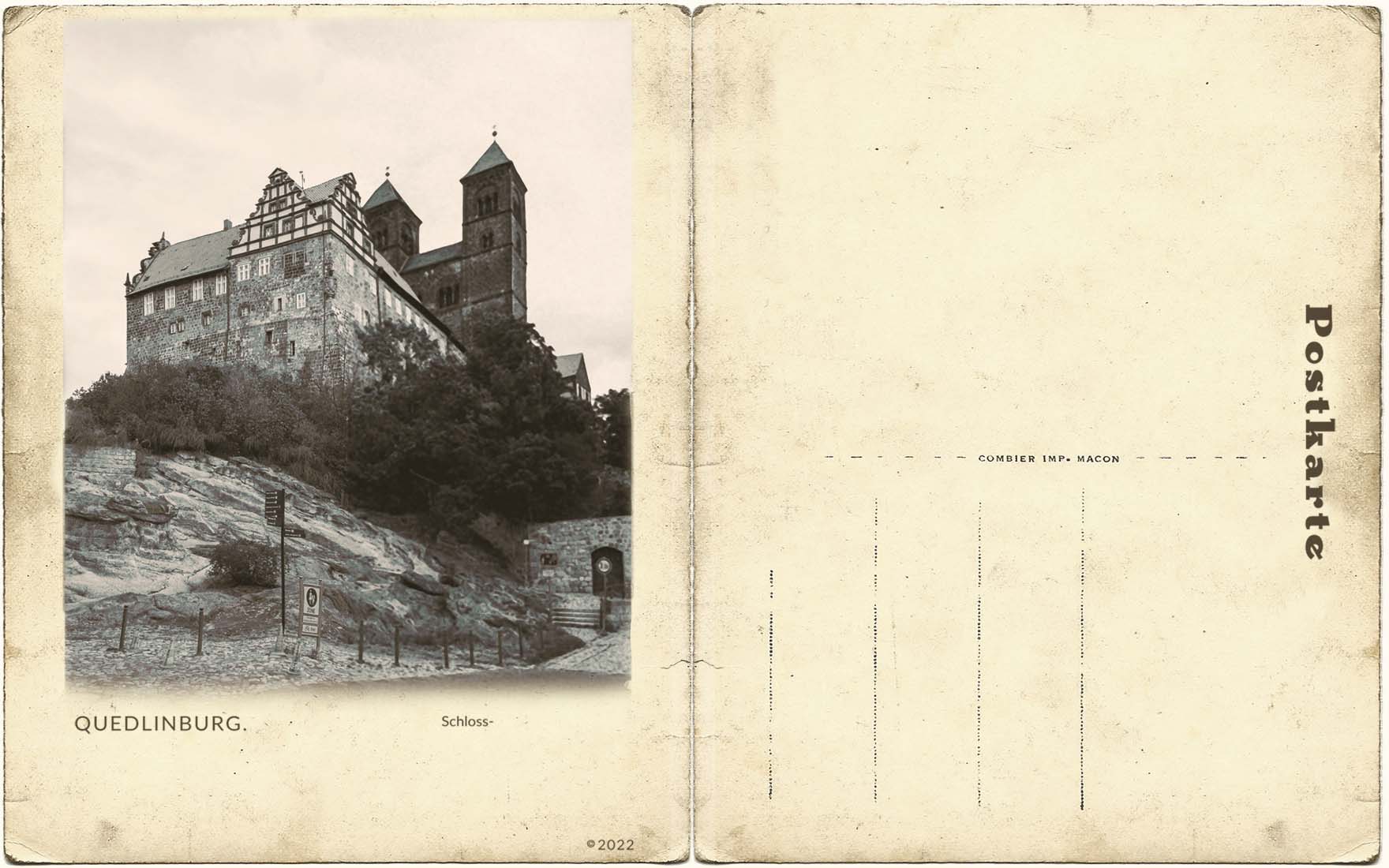
he next step is to establish residency. To do this, I need a codice fiscale (fiscal code, somewhat like a US Social Security Number) to form part of the rental contract and its registration with the government. I was able to get this number on the Wednesday after I arrived and signed the lease on the apartment. Once I acquired the much needed passport stamp, the next step - establishing residency - can begin.
I am situated in Guardiaregia – a village about 30 minutes from Campobasso and have signed a lease for 6 months. My next visit is to the comune’s Anagrafe office to request a Dichiarazione di Residenza (a residency declaration). At this time, I will demonstrate that I have a place within the municipal jurisdiction to reside (rental agreement) and the reason for my desire of residency (to submit my jus sanguinis application).
Once my residency application is accepted, the clerk waits until a police officer stops by to confirm that I am physically present before I am enrolled in the Anagrafe del Popolo Residente (the residential database) as an official resident of the town. The vigile has 45 days to make this visit but it is usually completed in 3 weeks. And it is not unheard of in some places for the Vigile to make more than one visit before they will confirm with the City Hall clerk that I am, indeed, residing here.
All jus sanguinis applications are lodged at the comune (city hall) that presides over the location of my residency and this can be any comune of your choice and does not have to be the ancestral comune or place of last residence for your Italian born ancestor. There are over 8,000 comuni in Italy; so why Guardiaregia? Well, it is often a mistake to choose a large city as they are often overwhelmed with requests and can be hostile to these types of applications. I am told that often a better experience is had when applying through medium sized or even small towns, as some of them appreciate the applicant’s choice to visit them and invest some money through their stay in that municipality.
Of course, the danger in selecting too small of a town is the fact that they will have less experience with these applications. Furthermore, the job of processing the applications usually falls to the vital records officer who is responsible for recording all births, deaths, and marriages within the city, as well as preparing ballot lists for voting and many other tasks. In smaller towns, the person who handles this and most other administrative functions may actually be the mayor – or some part time officer – who travels to work in different towns through the week (such as is the case in Guardiaregia).





